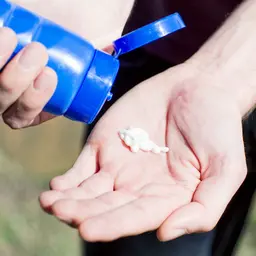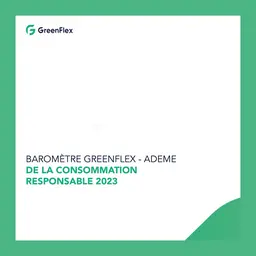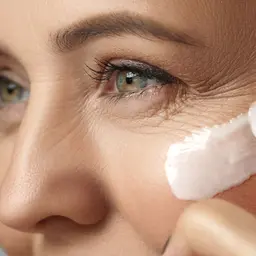
The digital revolution has been one of the consequences of Covid-19 on the sale of cosmetics. If we cannot deny that many consumers have turned to the Internet to buy their products, it does not necessarily mean that the experience has been conclusive for all. The Ipsos polling institute has written a white paper in order to highlight the disadvantages of online commerce and, above all, to suggest ways of improving it.
According to Ipsos figures, a third of its panel confided that they have been suffering psychologically for a year. For 85% of the women questioned, shopping has therapeutic virtues. However, six out of 10 people say they feel apprehensive about going to the stores.
Since the beginning of the pandemic, 78% of consumers have turned to e-commerce and 69% say they will most likely continue to shop this way, even after the health crisis is over.
A mixed experience
“We analyzed 1.5 million mentions from Ipsos’ social monitoring software and found that those related to e-commerce are twice as negative (24%) as positive (10%). According to the Ipsos online community, this sentiment stems from delayed or damaged deliveries, virtual customer service, lack of availability, difficult return processes and unmet needs,” Ipsos analyzed.
Consumers who refuse to buy cosmetics explain that they face two major obstacles:
• The inability to try the products
• The fear of making the wrong choice
A solution for every problem
Brands have redoubled their efforts to make browsing their websites pleasant. Many have implemented virtual applications. However, these new technologies are not to everyone’s taste.
“To overcome the barriers to digital experiences, we use our …













